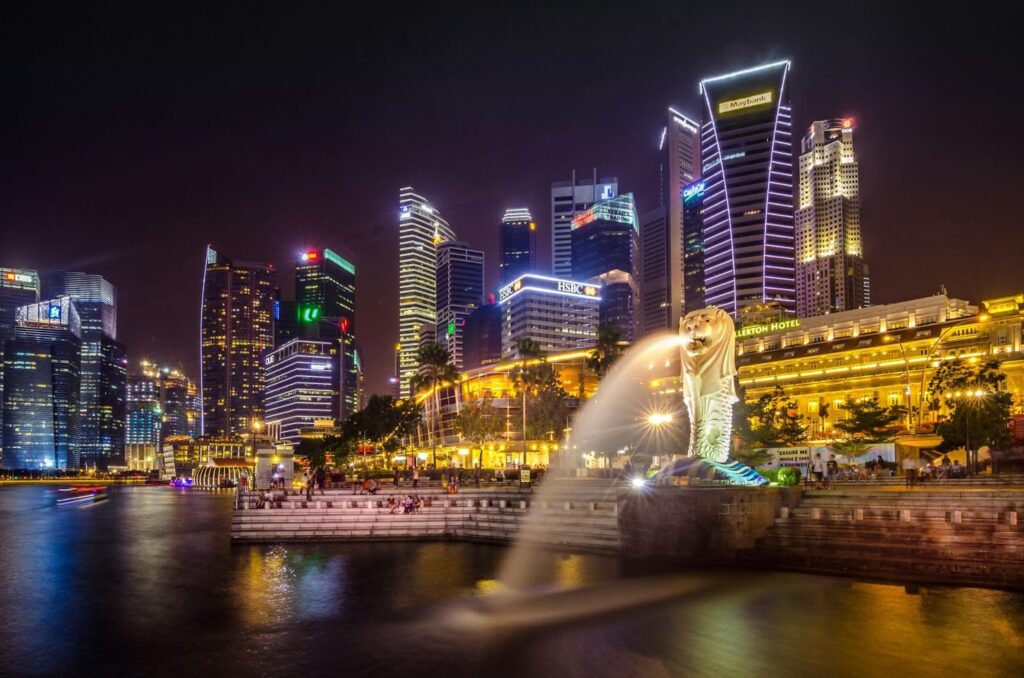Receiving a rejection for your Singapore Permanent Residence (PR) application can be discouraging. Many applicants are unsure whether there is a way to challenge the decision or how soon they can reapply. While the Immigration & Checkpoints Authority (ICA) does not always invite appeals, it is possible to request reconsideration under certain conditions.
This article explains the practical steps to take after rejection, how to appeal effectively, when to reapply, and how to strengthen your profile. For personalised guidance, you can contact Singapore Top Immigration.
Why PR Applications Are Rejected

ICA never provides a detailed explanation for rejections. However, based on insights from immigration consultancies and past applicants, the following are common contributing factors:
- Insufficient or unstable employment and income
- Weak demonstration of social integration or community involvement
- Incomplete or inconsistent documentation
- Short duration of stay or weak family ties in Singapore
- Limited economic contribution or unclear future potential
- Nationality Quota and Demographics: Even strong candidates can be rejected due to nationality-based quotas or demographic adjustments.
Understanding these factors helps you decide whether to appeal or focus on improving your profile for a future reapplication.
Can You Appeal a Singapore PR Rejection?
Yes. Many immigration professionals confirm that appeals are allowed when you can provide new or stronger supporting evidence that was not part of your original submission.
According to ICA’s official AskGov portal, you may also choose to submit a fresh application if there are material changes in your circumstances. In other words, appealing is most suitable when you can show genuine updates, such as improved employment, salary, or local involvement.
For expert support in preparing your appeal, visit Singapore Top Immigration Appeal Services.
When and How to Appeal
1. Timing of Appeal
It is generally advised to submit your appeal within six months of receiving the rejection letter. Submitting sooner, ideally within one to three months, demonstrates initiative and seriousness.
2. Where to Submit the Appeal
You can send your appeal letter and supporting documents via the feedback form on ICA’s website. Be sure to include your reference number and full contact details.
How to Write a Strong Appeal

Your appeal must focus on new or updated information that was not available in your initial application. Follow these steps to make your case persuasive:
Step 1: Review the Rejection Letter Carefully
Look for clues in the wording. Some letters suggest insufficient economic contributions or local ties. Use these hints to address weak points directly.
Step 2: Provide Updated or Additional Evidence
Enhance your profile by submitting:
- Proof of recent salary increase or job promotion
- New employment, especially with a reputable Singapore company
- Evidence of community involvement or volunteering
- Certificates, awards, or contributions to local initiatives
- Additional family or educational ties to Singapore
Step 3: Draft a Respectful Appeal Letter
Your appeal should be concise, factual, and respectful. Include:
- Personal information and reference number
- A statement requesting reconsideration
- A clear summary of new or improved details since the first submission
- Supporting evidence arranged in logical order
Avoid emotional language, lengthy justifications, or blaming the system.
Step 4: Track Your Submission
Appeal processing can take 6 to 8 weeks, though some cases may take longer. Follow up politely if you do not receive an update after two months.
When to Reapply Instead of Appealing
If you have no significant new developments, it may be wiser to reapply later rather than appeal immediately. Reapplications without genuine changes tend to be rejected again.
Recommended Waiting Period
Immigration professionals often suggest waiting six months before reapplying. This period allows you to improve your employment situation, increase your contributions, or gain further local experience.
How to Strengthen Your Profile Before Reapplying
- Secure career advancement or a more stable role
- Increase income and show consistent tax contributions
- Engage in Singapore-based community or volunteer activities
- Invest time in local integration and networking
Who Should Appeal and Who Should Reapply
Situation | Recommended Action | Reason |
You have new, significant updates (e.g. promotion, income rise, community work) | Appeal | ICA can reconsider your improved circumstances |
No major changes since rejection | Reapply later | Wait and strengthen your case before submitting again |
Unsure which option suits your case | Consult a professional | Expert advice ensures you do not waste an appeal opportunity |
Conclusion

A rejection from ICA is not the end of your PR journey. The appeal process exists to allow reconsideration for applicants who can demonstrate new value to Singapore’s community and economy. Whether you choose to appeal or reapply later, thoughtful preparation and professional guidance can significantly improve your chances.
For expert support in preparing your appeal, contact us today.
Frequently Asked Questions
Yes. An appeal is possible if you can present new evidence or developments that were not considered in your original submission.
Most immigration experts recommend doing so within six months of receiving your rejection letter.
Processing typically takes six to eight weeks, although complex cases may take longer.
Include your name, FIN or reference number, new supporting documents, and a clear explanation of your improved circumstances.
You may reapply after around six months, ideally with tangible profile improvements such as job stability, salary increase, or community contributions.
